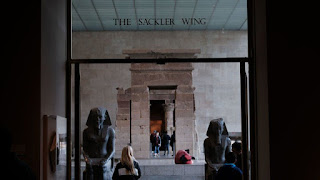Andrew Kolodny, MD
AMA J Ethics. 2020;22(8):E743-750.
doi: 10.1001/amajethics.2020.743.
Abstract
Over the past 25 years, pharmaceutical companies deceptively promoted opioid use in ways that were often neither safe nor effective, contributing to unprecedented increases in prescribing, opioid use disorder, and deaths by overdose. This article explores regulatory mistakes made by the US Food and Drug Administration (FDA) in approving and labeling new analgesics. By understanding and correcting these mistakes, future public health crises caused by improper pharmaceutical marketing might be prevented.
Introduction
In the United States, opioid use disorder (OUD) and opioid overdose were once rare. But over the past 25 years, the number of Americans suffering from OUD increased exponentially and in parallel with an unprecedented increase in opioid prescribing. Today, OUD is common, especially in patients with chronic pain treated with opioid analgesics, and opioid overdose is the leading cause of accidental death.
(cut)
Oversight Recommendations
While fewer clinicians are initiating long-term opioids, overprescribing is still a problem. According to a recently published report, more than 2.9 million people initiated opioid use in December 2017. The FDA’s continued approval of new opioids exacerbates this problem. Each time a branded opioid hits the market, the company, eager for return on its investment, is given an incentive and, in essence, a license to promote aggressive prescribing. The FDA’s continued approval of new opioids pits the financial interests of drug companies against city, state, and federal efforts to discourage initiation of long-term opioids.
To finally end the opioid crisis, the FDA must enforce the Food, Drug, and Cosmetic Act, and it must act on recommendations from the NAS for an overhaul of its opioid approval and removal policies. The broad indication on opioid labels must be narrowed, and an explicit warning against long-term use and high-dose prescribing should be added. The label should reinforce, rather than contradict, guidance from the CDC, the Department of Veterans Affairs, the Agency for Healthcare Research and Quality, and other public health agencies that are calling for more cautious prescribing.


